

2017-04-01 06:40:00 Sat ET
stock market competition macrofinance stock return s&p 500 financial crisis financial deregulation bank oligarchy systemic risk asset market stabilization asset price fluctuations regulation capital financial stability dodd-frank
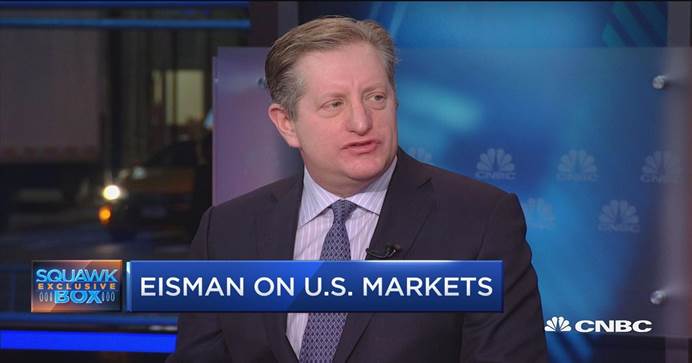
With the current interest rate hike, large banks and insurance companies are likely to benefit from higher equity risk premiums and interest rate spreads.
Pre-crisis U.S. banks such as Goldman and Citigroup carry financial leverage as high as 35-to-1.
Meanwhile, these banks carry financial leverage about 10-to-1.
In this golden age of finance, it is likely for banks and insurance companies to lever up with robust operating profitability to 15-to-1 in light of post-Dodd-Frank deregulation under the Trump administration.
In this respect, financial stocks are likely to experience an imminent boom in stock market valuation.
The current Trump stock market rally bring tangible benefits to bank stocks that will likely receive preferential tax treatment in the form of both lower corporate income taxes and indefinite tax holidays for offshore cash repatriation.
As the current interest rate hike attracts capital inflows from non-U.S. economic regimes, this hot money will spur macroeconomic growth, corporate investment, and technological innovation with higher wages, better high-skill jobs, and more sustainable cash dividends, share repurchases, and capital gains for the typical stock market investor.
If any of our AYA Analytica financial health memos (FHM), blog posts, ebooks, newsletters, and notifications etc, or any other form of online content curation, involves potential copyright concerns, please feel free to contact us at service@ayafintech.network so that we can remove relevant content in response to any such request within a reasonable time frame.
2018-04-23 07:43:00 Monday ET
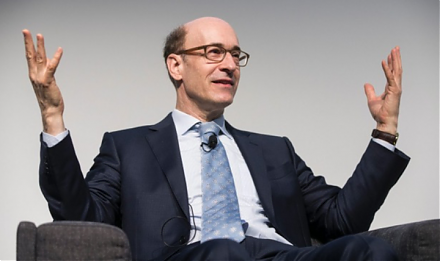
Harvard professor and former IMF chief economist Kenneth Rogoff advocates that artificial intelligence helps augment human productivity growth in the next d
2018-11-19 09:38:00 Monday ET

The Trump administration mulls over antitrust actions against Amazon, Facebook, and Google. President Trump indicates that the $5 billion fine against Googl
2018-07-19 18:38:00 Thursday ET
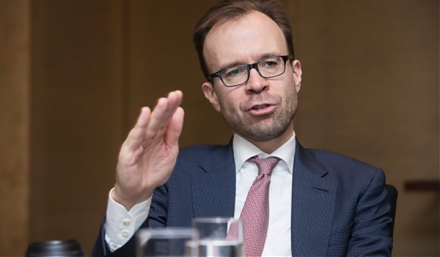
Goldman Sachs chief economist Jan Hatzius proposes designing a new Financial Conditions Index (FCI) to be a weighted-average of interest rates, exchange rat
2019-07-09 15:14:00 Tuesday ET
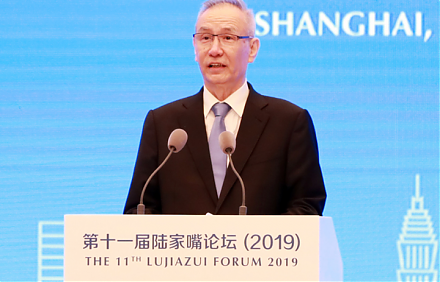
The Chinese new star board launches for tech firms to list at home. The Nasdaq-equivalent new star board serves as a key avenue for Chinese tech companies t
2025-06-13 08:23:00 Friday ET
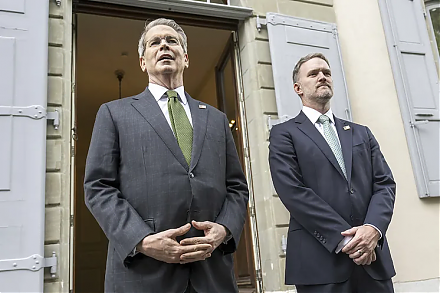
What are the mainstream legal origins of President Trump’s new tariff policies? We delve into the mainstream legal origins of President Trump&rsquo
2018-10-03 11:37:00 Wednesday ET
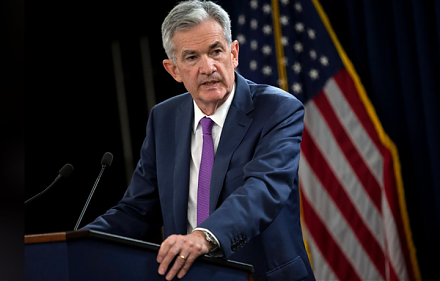
Fed Chair Jerome Powell sees a remarkably positive outlook for the U.S. economy right after the recent interest rate hike as of September 2018. He humbly su